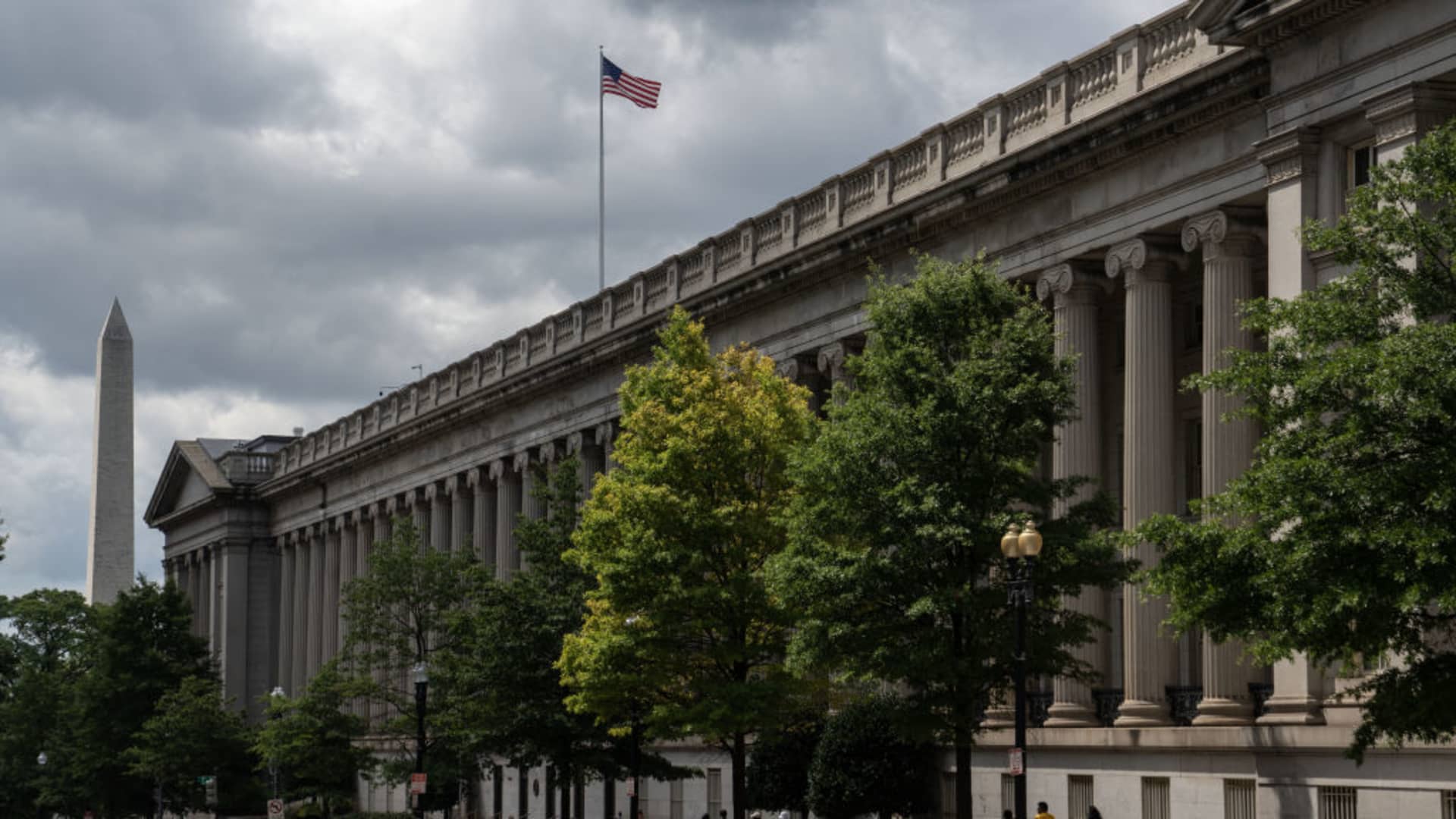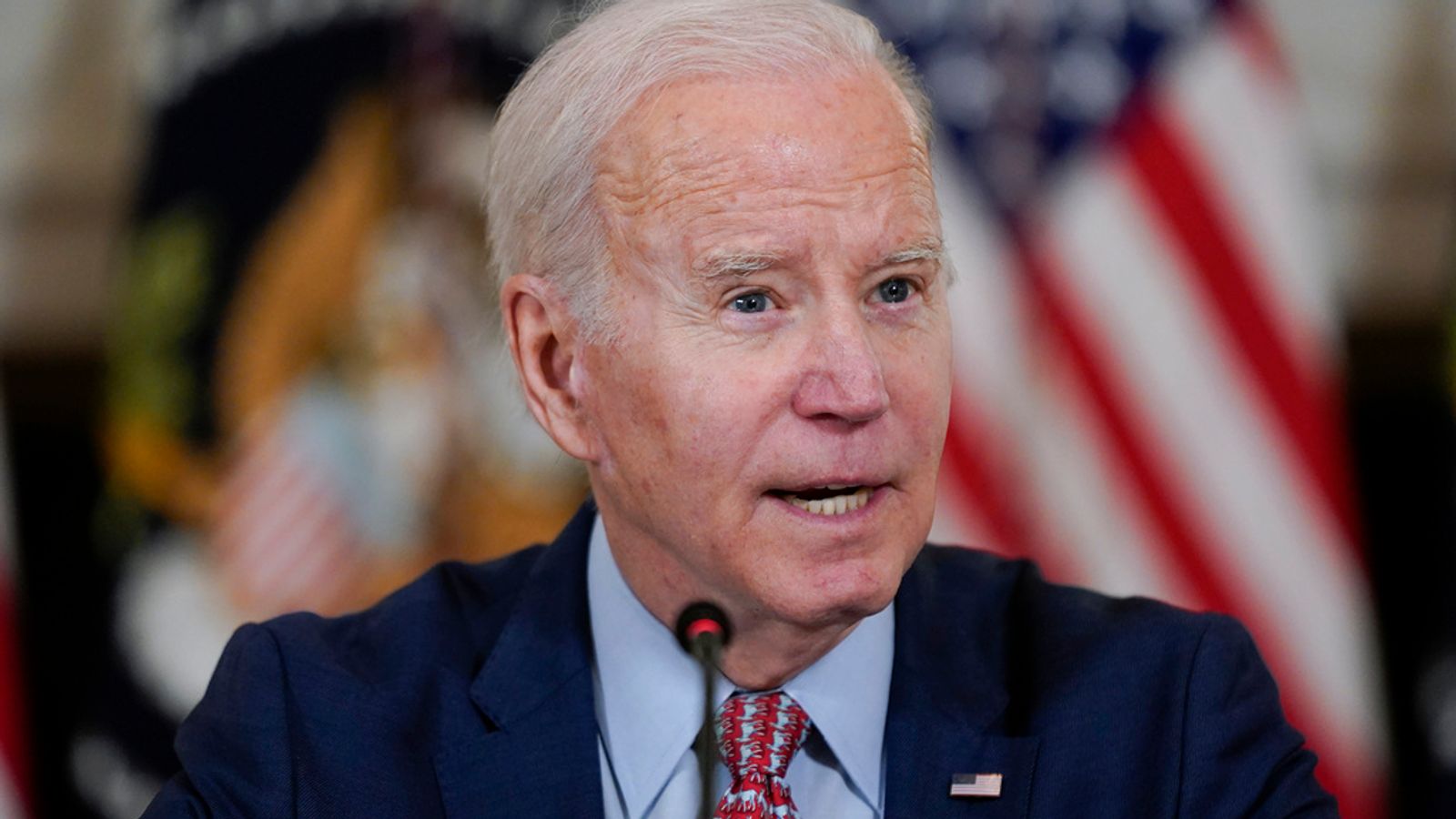Oil prices could be setting up for a major rally, one strategist says.
Though the energy sector has cooled off in recent months, U.S. West Texas Intermediate crude’s price chart just flashed a rare signal, Miller Tabak’s Matt Maley told CNBC’s “Trading Nation” on Wednesday.
“Crude oil has seen what’s called a golden cross on its weekly chart,” the firm’s chief market strategist said.
A golden cross occurs when an asset’s shorter-term moving average crosses above its longer-term moving average and is broadly seen as a signal of further upside.
In oil’s case, “that’s only happened three times since the beginning of this century and each of those three times has been followed by a very strong further rally in crude oil, anywhere from 20%-50%,” Maley said.
“If oil continues to rally here, energy stocks should continue to bounce as well and I think that’s a group where I think people can do really well for the last third of the year.”
Investors should consider adding some downside protection to their portfolios as the market enters the seasonally difficult September-December trading period, BK Asset Management’s Boris Schlossberg said in the same interview.
“I’d call this the Terminator market. It’s always coming back. It refuses to die,” Schlossberg said. “But … I think there is certainly some potential for danger here.”
With bond yields creeping up as inflationary pressures persist, the odds of a correction in high-valuation stocks are also rising, said Schlossberg, his firm’s managing director of FX strategy.
“I think the single best bet here for downside protection is to simply buy the 380-360 QQQ put spread because that’ll give you protection to the downside on Nasdaq, which is the most volatile of the indices,” he said.
That represents a bet that Invesco’s QQQ ETF, which tracks the Nasdaq, will stay below $380 a share through the trade’s November expiry. For the trade to generate its maximum profit, QQQ would have to fall below $360 a share. QQQ was trading around $373 midday Thursday.
“If it works, it’s going to give you a very decent protection, at least about 5% to the downside,” Schlossberg said.
“The higher those bond yields creep up, the more likely the Nasdaq is going to correct because the Nasdaq is basically operating on the assumption of free money,” he said. “The moment that money becomes even a tiny bit more expensive, valuations are going to start to contract. So, to me, that’s probably the single biggest catalyst to the downside as we go into the fall season.”



